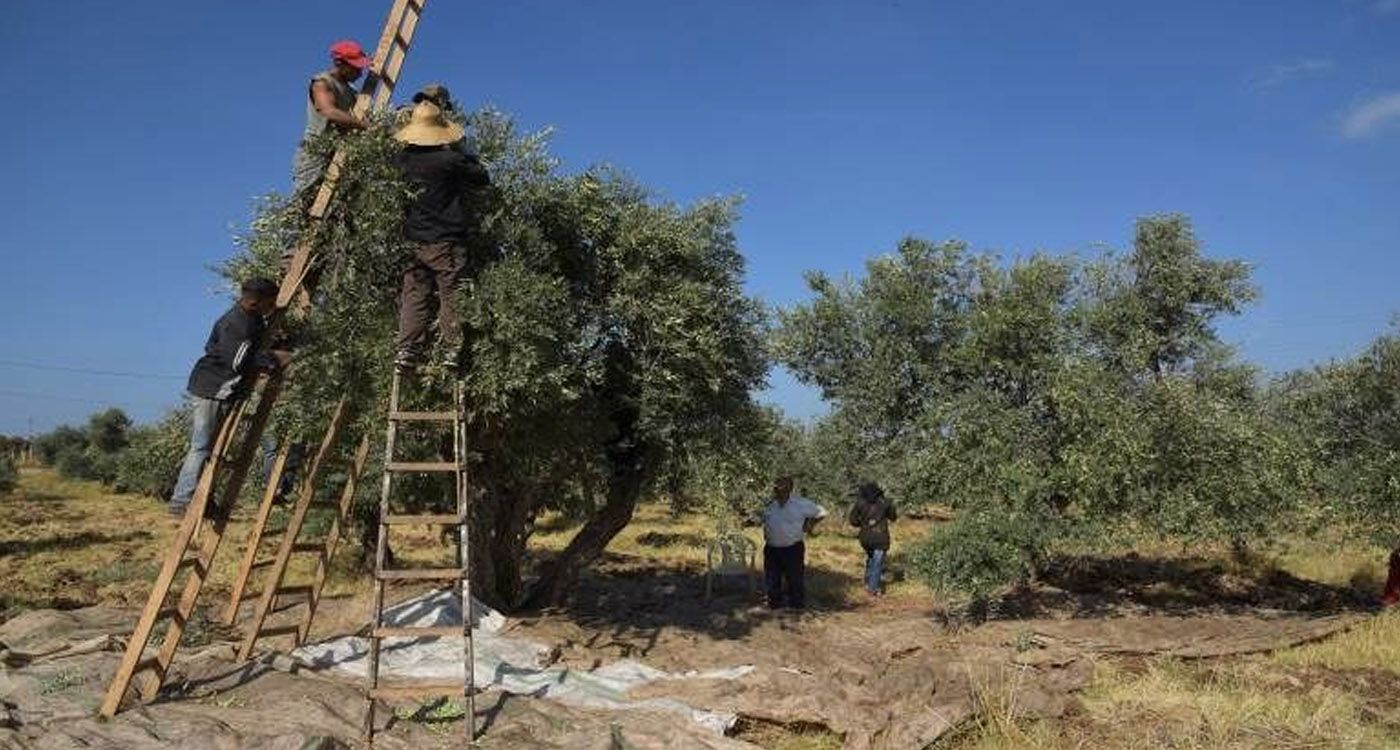
The Ministries of Agriculture and Environment issued a joint statement on Monday to reassure the public, stating, "In response to concerns about the impact of phosphorus on crops in the southern regions, initial laboratory tests conducted on samples, particularly olives, found no traces of phosphorus, ensuring they are safe for consumption."
White phosphorus, which was used in Israeli bombings due to its flammable properties, has a direct impact on agricultural land and forests, causing fires. However, its residues gradually re-enter the natural biogeochemical cycle, making the consumption of unburned crops safe.
While the direct effects of phosphorus have been ruled out, the indirect impact of high phosphorus concentration in the soil could affect crop productivity in areas with elevated levels. To address this issue, the ministries emphasize the need for ongoing monitoring and guidance for farmers to help restore soil fertility.
The Ministries of Agriculture and Environment reaffirm their full commitment to environmental protection, public health and agricultural product quality.



Comments